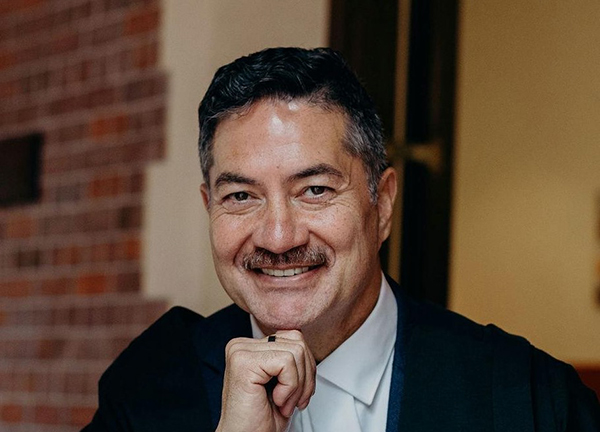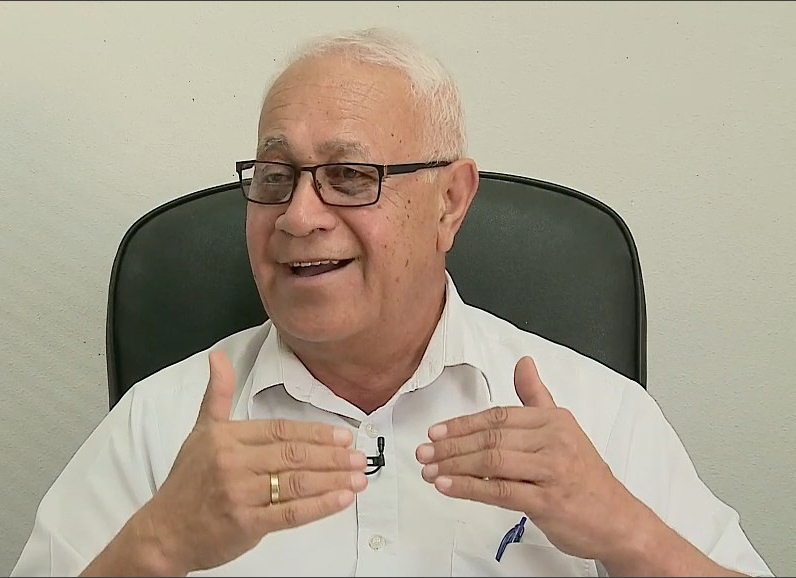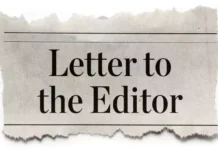New Zealand-based Tongan lawyer Nalesoni Tupou believes the prisoner who was jailed for two and a half years by Acting Chief Justice Lord Afeaki should appeal the decision.

Tupou said the judge had made two decisions regarding Siu’ivahanoa Tu’ipulotu’s sentence and claimed this was not allowed by law.
Lord Afeaki, who appears to have been judging one of his first court cases in the Supreme Court, sentenced Tu’ipulotu on November 18.
Suspension & removal
He suspended the final nine months of Tu’ipulotu’s sentencing for a period of two years from the date of his release from prison. The decision, along with other conditions for Tu’ipulotu to follow as part of his sentencing, was published by the Attorney General’s Office on November 18.
Another decision was uploaded later on the same day for the same prisoner, but this time, the suspension was removed. There were also minor changes in this second decision to the wording of the original decision.
The varied version was marked as “Corrigendum” or correction and was filed at the website as the third document relating to the sentencing of the same prisoner on November 18. It showed the Attorney General Office’s stamp and an initial on November 22.
“Pursuant to the order of the Court dated 22 November 2021, the following sentencing remarks are to replace those issued on 18 November 202i”, the Corrigendum read.
Unexplained corrections
There is nothing on the website to describe why the corrections were made to Lord Afeaki’s decision.

Lawyer Tupou said in Tongan the law did not allow two separate decisions in sentencing.
He said the case should be appealed.
“A court cannot give two different sentences in one particular sentencing of a case,” Tupou said.
“Courts are to give only one decision of sentencing not two different sentencing.”
The prisoner had no legal counsel and represented himself in court.
NZ corrigendum explained
Normally, a corrigendum can only be issued to correct minor clerical mistakes which do not alter the decision, according to various sources.
It is normal in New Zealand for judges to correct their decision or sentencing if there are typos, but they have to explain why the corrections were made.
For example, there was a corrigendum in New Zealand when its Environment Court corrected a decision it made on October 21, 2021.
In its correction Justice Borthwick said: “Following the release of the decision Otago Regional Council [2021] NZEnvC 164 it has come to my attention that para [384] contains an error”.
After explaining the error in few sentences she then mentioned the law which allowed the correction to be made and said:
“Outcome [6] The error identified in para [384] of decision [2021] NZEnvC 164 is an “accidental slip or omission” that is able to be corrected using the court’s powers under rule 11.10 District Court Rules 2014″.
Hon Borthwick also said: “Paragraph [384] is amended to read: Our findings in relation to the operative regional plan and its unresponsiveness to freshwater management at paragraphs [318]-[321]423 and elsewhere in this decision, apply here. [8] Decision [2021] NZEnvC 164 otherwise remains unchanged”.
Lord Afeaki was the subject of a complaint to the king by senior lawyers in Tonga immediately after he was appointed to fill the gap of the Acting Chief Justice after Lord Chief Justice Michael Whitten went to Australia for holidays.
The lawyers questioned Lord Afeaki’s experience and legal background and expressed doubt that he was the right person for the position.
As we reported previously, the king appeared to have ignored the lawyers’ complaint.
Lord Afeaki was listed in the Find Law New Zealand website as being specialised in Administrative Law, Commercial Law, Company Law, Human Rights, Litigation, Maori Law, Maritime and Mediation. He described himself in a video clip posted on his Facebook page as a barrister with more than 25 years of experience.







